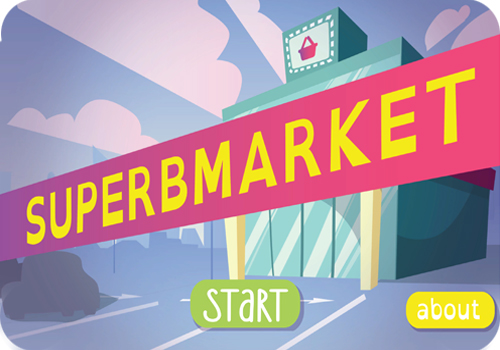Currently, 1.6m workers in the UK are not receiving a living wage. Research by academics at University of Glasgow Adam Smith Business School and University of Edinburgh Business School has revealed that when employees pay a living wage it improves a worker’s physical and mental health and brings benefits to their employing organisation, their family and society, as well as being an important means of resilience to them all, especially post–pandemic.
Research by both university’s academics shows that paying a living wage means workers can focus their effort on one main employer so they are more likely to upskill, resulting in easier upward mobility, better productivity, and improved job satisfaction. Fewer sick days are taken and there is increased employee retention, reducing recruitment costs. The research also shows that paying a living wage reduces the cost for governments because as an individual’s health and skills improve, they create less demand for welfare support.
To encourage more employers to pay a living wage an online interactive serious educational game was launched this week by EAWOP (European Association of Work and Organisational Psychology) and ESRC (Economic and Social Research Council), in partnership with University of Glasgow Adam Smith Business School and University of Edinburgh Business School. ‘SuperbMarket’ explores the connections between job quality and employee identity, organisational commitment, fairness, and trust.
Superbmarket follows four characters centred around a particular business, with players being able to decide on a step-by-step approach on the conditions to provide for staff. The game then takes players through the consequences their decisions have on the individuals and the business itself. Through these decisions, players gain an insight into the broader impact of their choices for their workplaces and the world beyond.
Professor Rosalind Searle, from the Adam Smith Business School and Director of the EAWOP Impact Incubator, said: “A living wage is one that enables workers to meet their everyday needs and to meaningfully participate in society beyond just ‘surviving’ financially.
“Set at a higher level than a minimum wage, a living wage gives workers choices to allow them to change their lives and move out of poverty, meaning they can develop their capabilities for future employability – from learning to drive a car to undertaking other forms of education and skills development.
“It can act as a step change for organisations, stopping them focusing on the ‘revolving door’ of staff constantly exiting and having to be replaced and instead enabling them to improve the capability and capacity of their workforce.
“We should not underestimate the psychological impact of financial strain in our society currently. Receiving a living wage is an important way employers can signal their respect and care for staff. It provides one less diversion for job tasks. The dividends of having to only work one job are huge for the rest and recovery of employers, but also for their families – any effort to reduce the anxiety families are facing allows people to improve the quality of their relationships – less stressed workers has important and positive ripple effects beyond the individual.”
Dr Ishbel McWha-Hermann, from the University of Edinburgh Business School, said: “We developed Superbmarket as a way of understanding how events that happen in the workplace can have important implications for individual workers, their line managers, the human resource teams and the organisations. The events in the game might seem insignificant when they occur, but over time they can accumulate to create far bigger outcomes and consequences that extend beyond the organisation into families and society. The game also explores the concept of decent work and how it shifts the balance of cost and benefits in ways that are not currently sufficiently recognised.”
SuperbMarket can be accessed online at https://bit.ly/superbmarket






